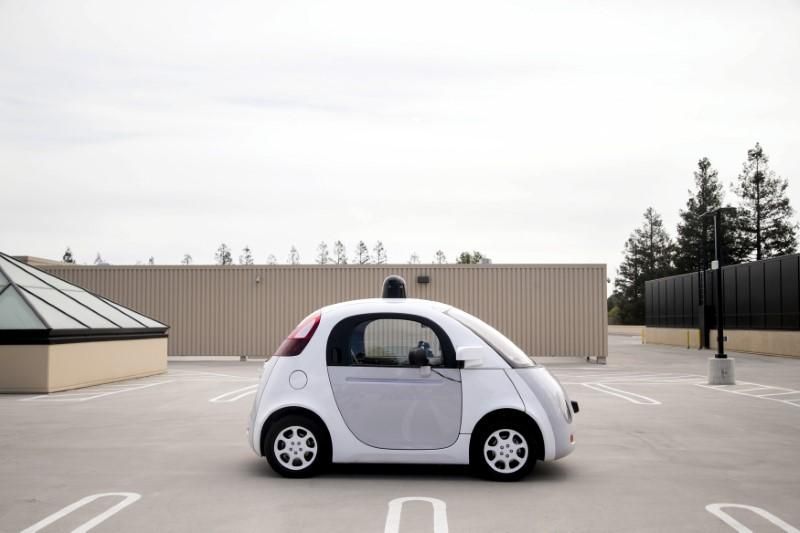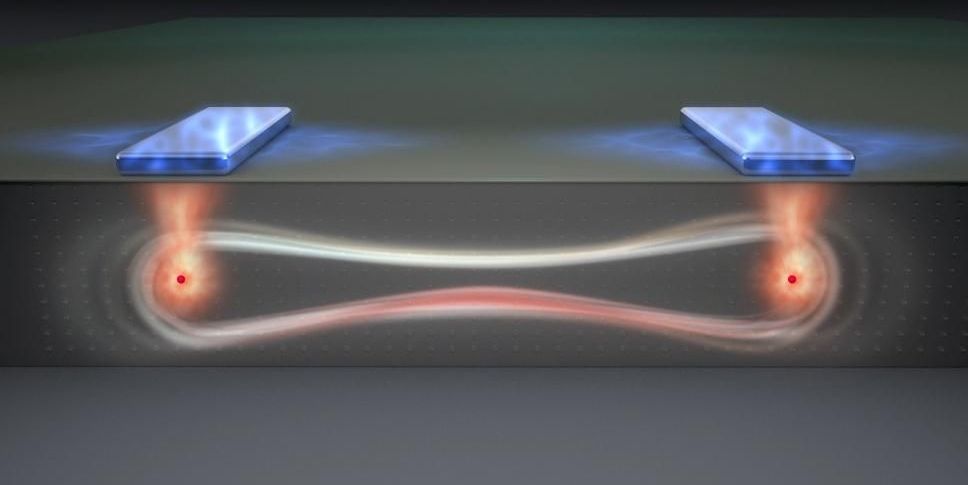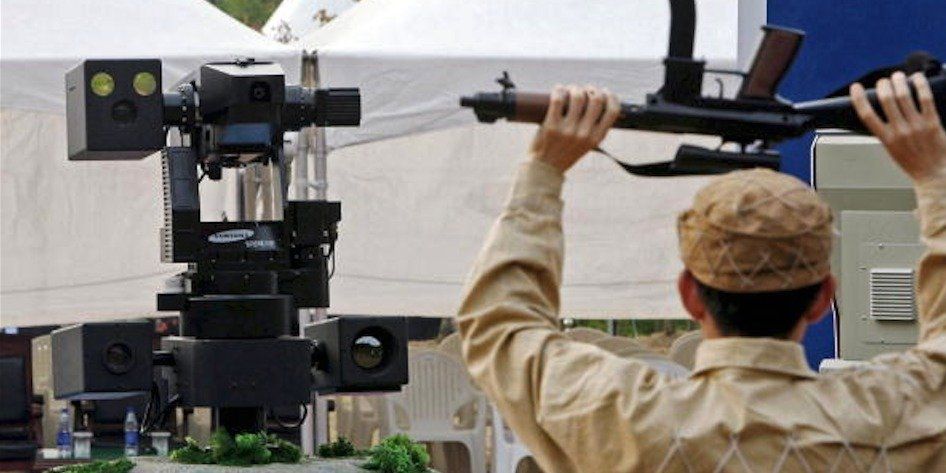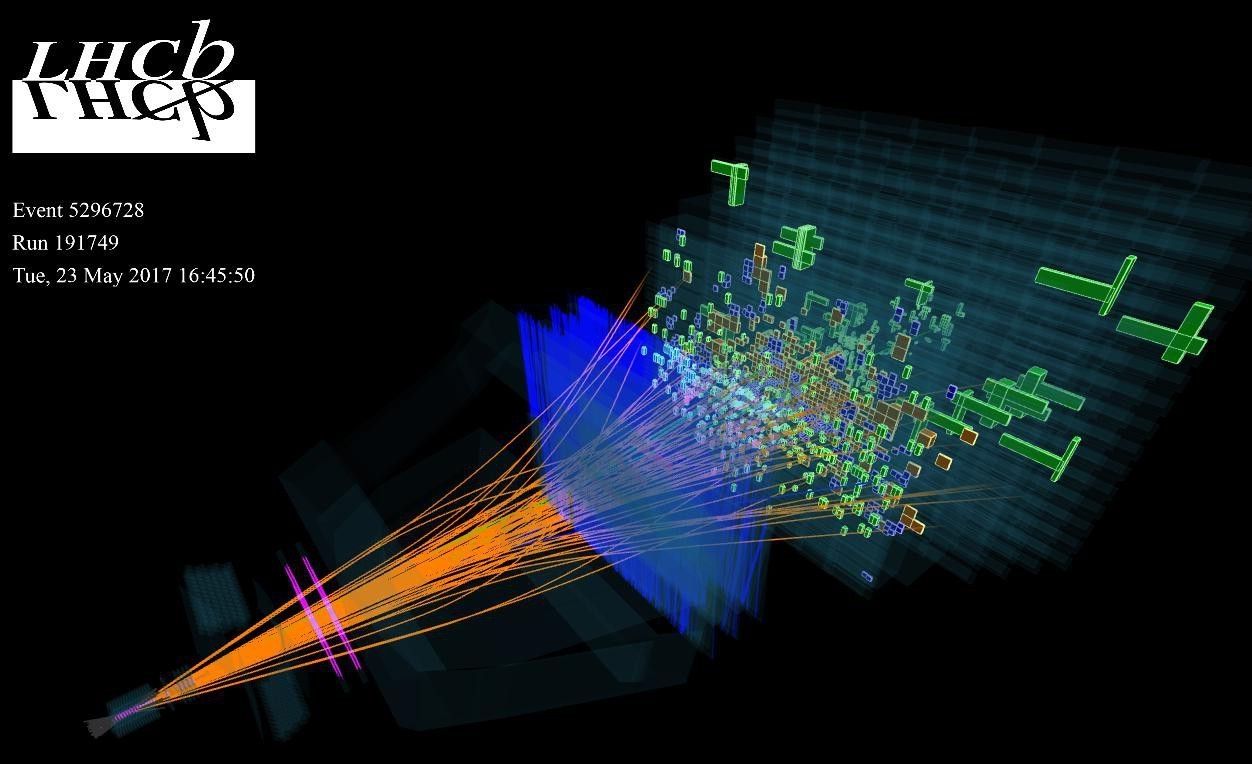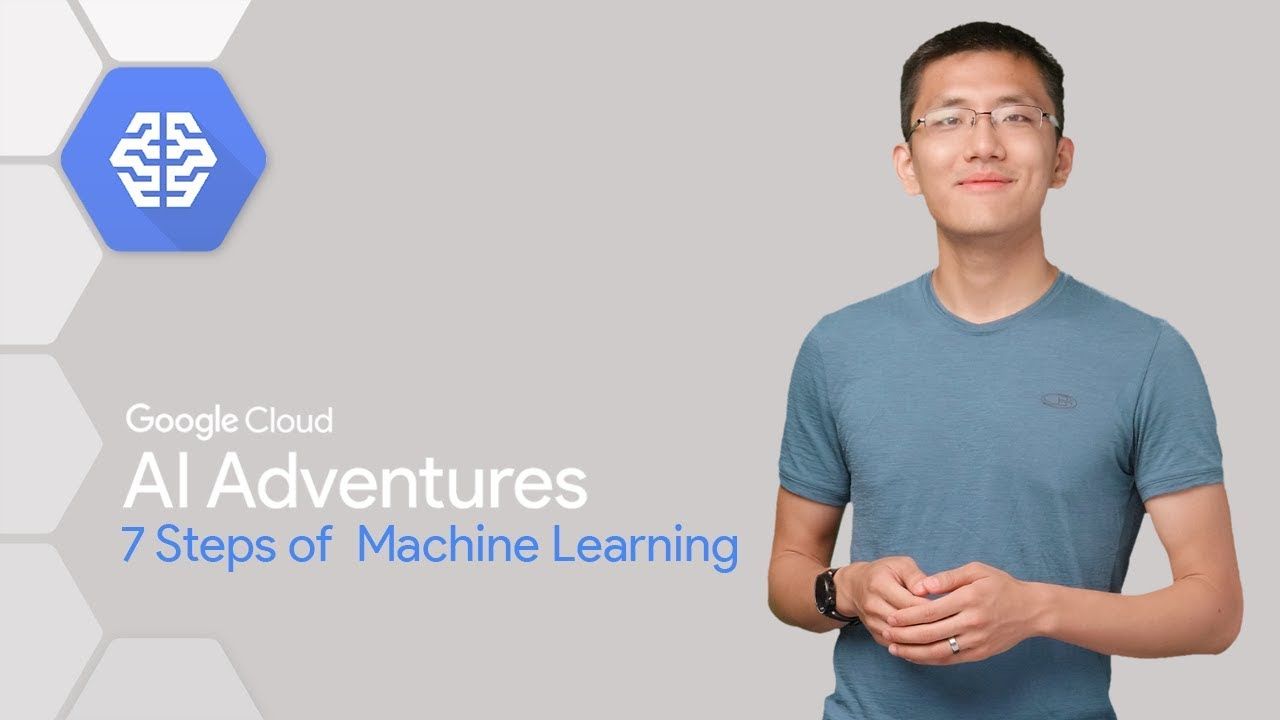Sep 6, 2017
Car navigation tech brings new twists and turns to driving
Posted by Mark Larkento in categories: mapping, robotics/AI, transportation
How dumb AI came to run the world
“People are becoming trained to just blindly follow their mapping apps. The concern is the apps aren’t making any distinction between what happens when cars travel on highways and when they travel on city streets by schools and through neighborhoods,” says Hans Larsen, public works director in Fremont, California, a San Francisco Bay area suburb on the fringes of Silicon Valley.”
“The traffic being diverted off clogged highways during the morning and evening commutes became so insufferable in Fremont that city leaders decided about a year ago to try to outwit the apps. The city of about 230,000 people started to ban turns at several key intersections at certain times along the shortcuts being touted by Waze and other mapping services.”
Continue reading “Car navigation tech brings new twists and turns to driving” »




